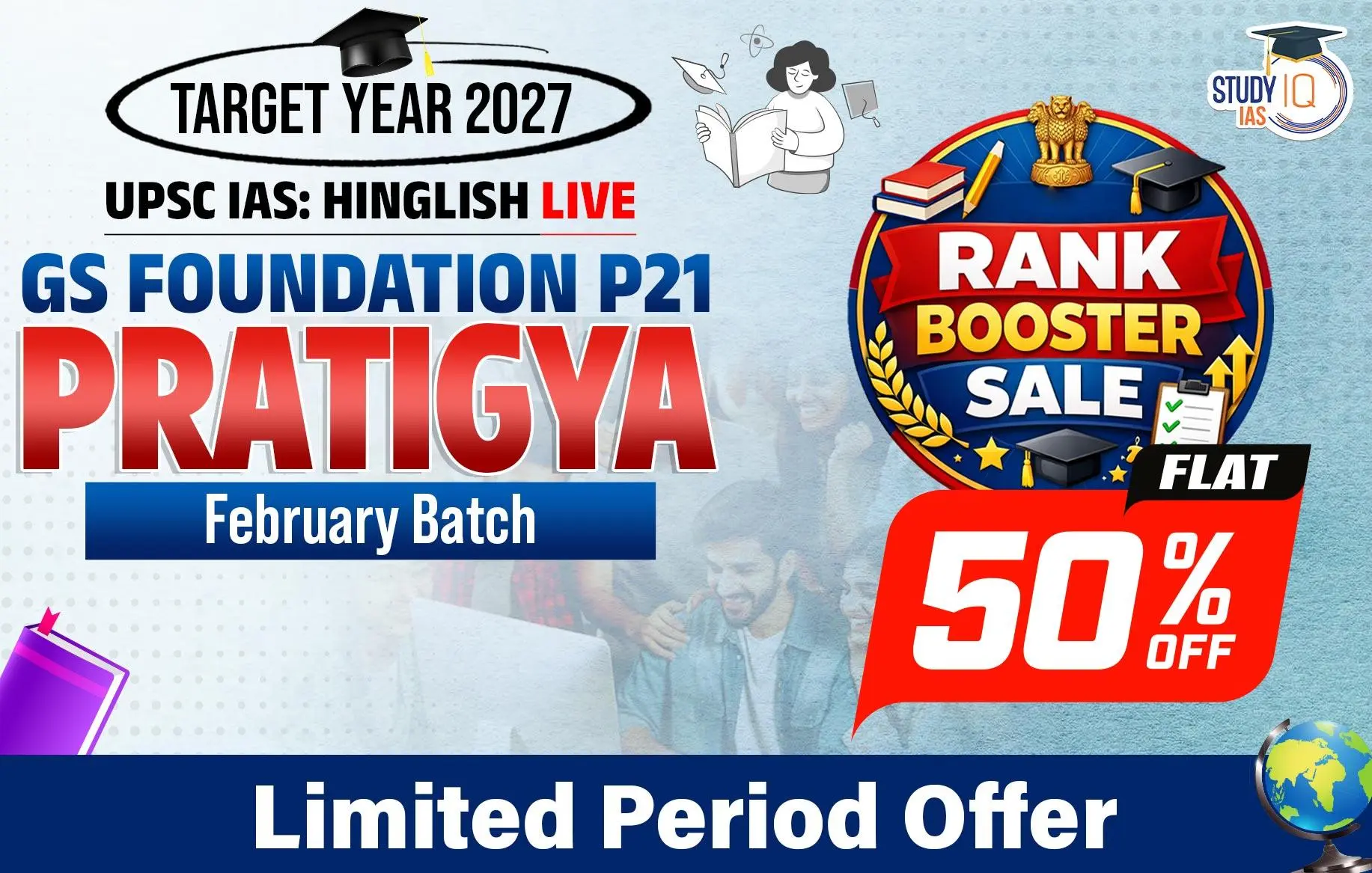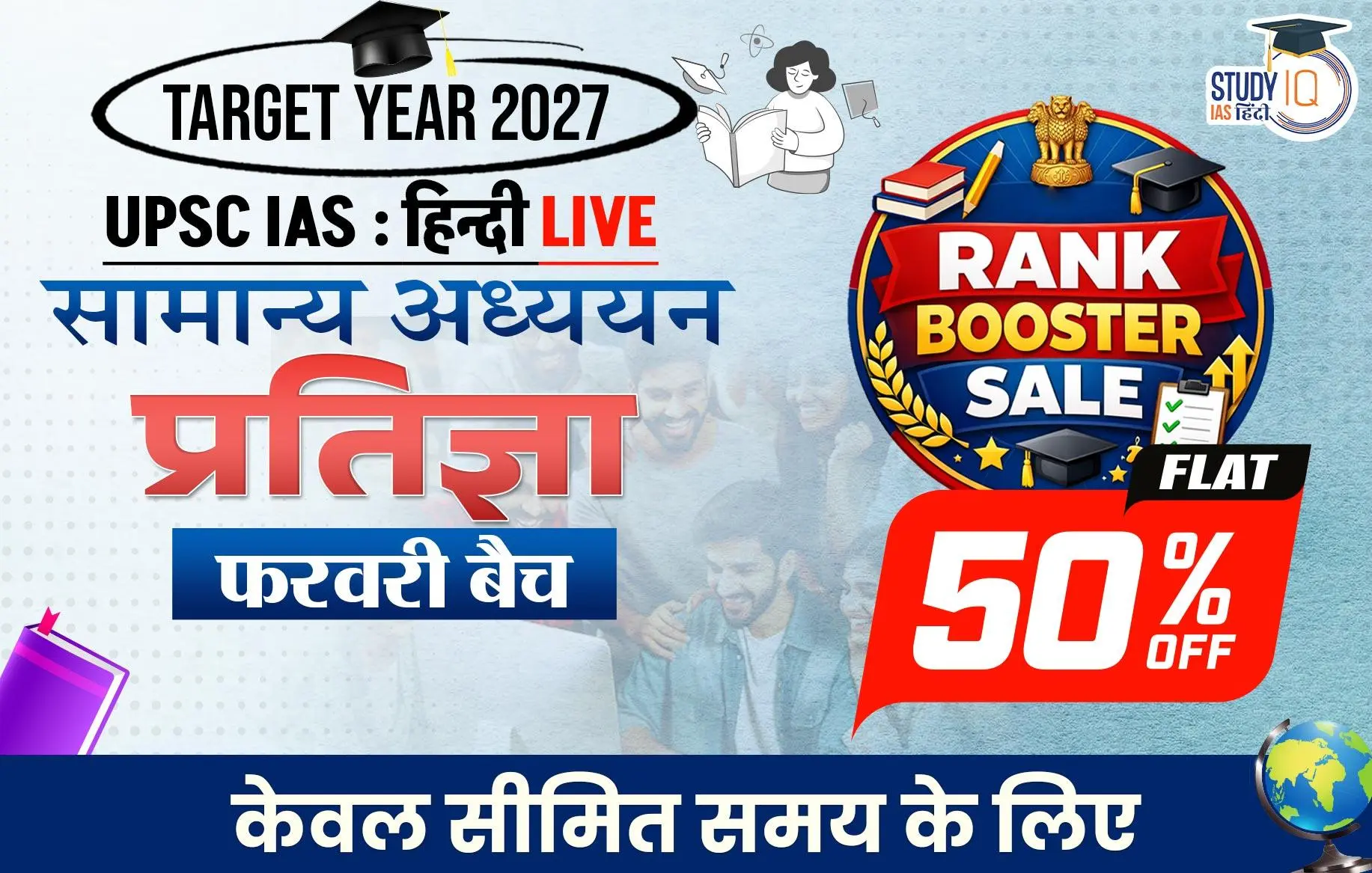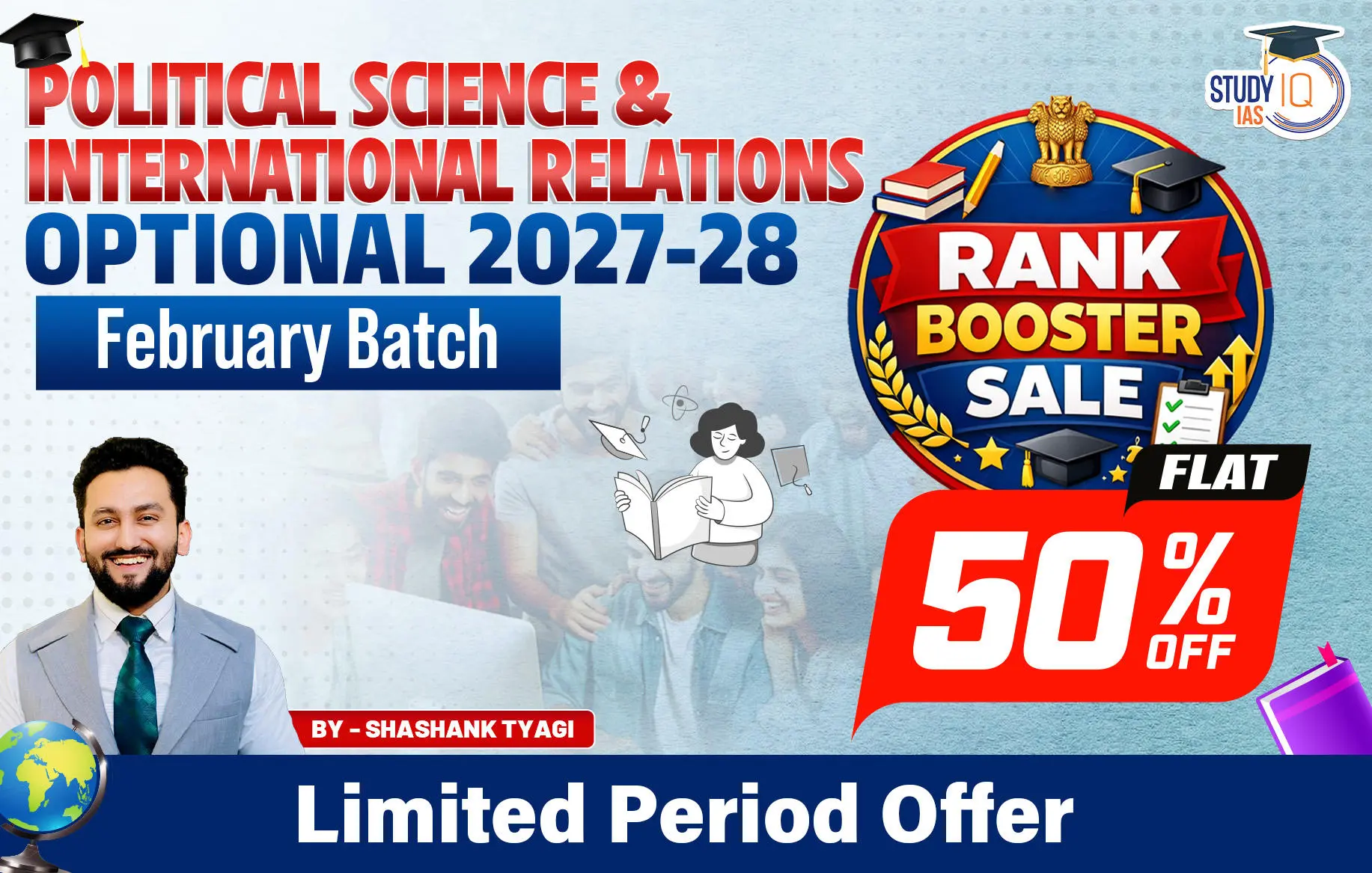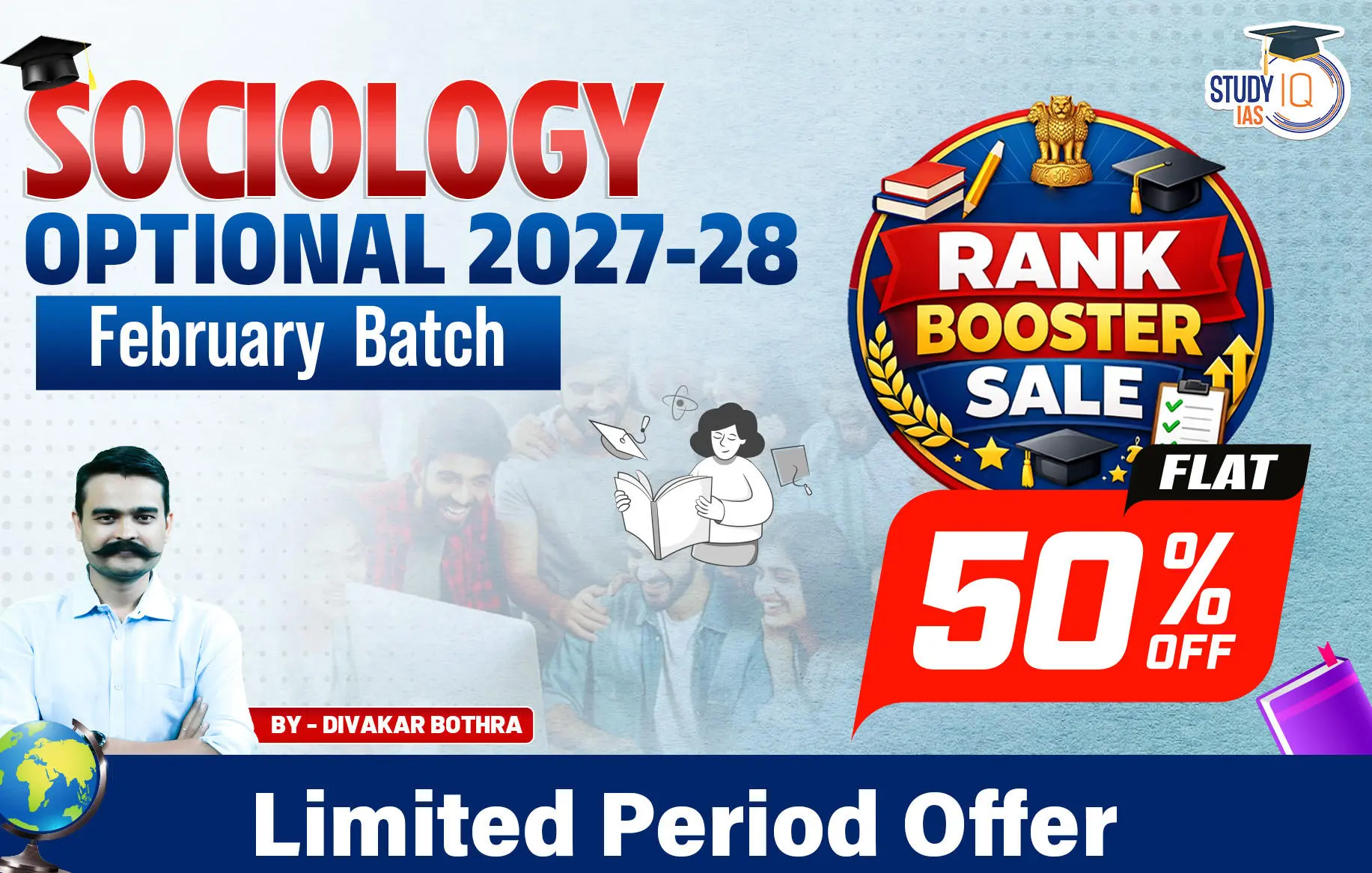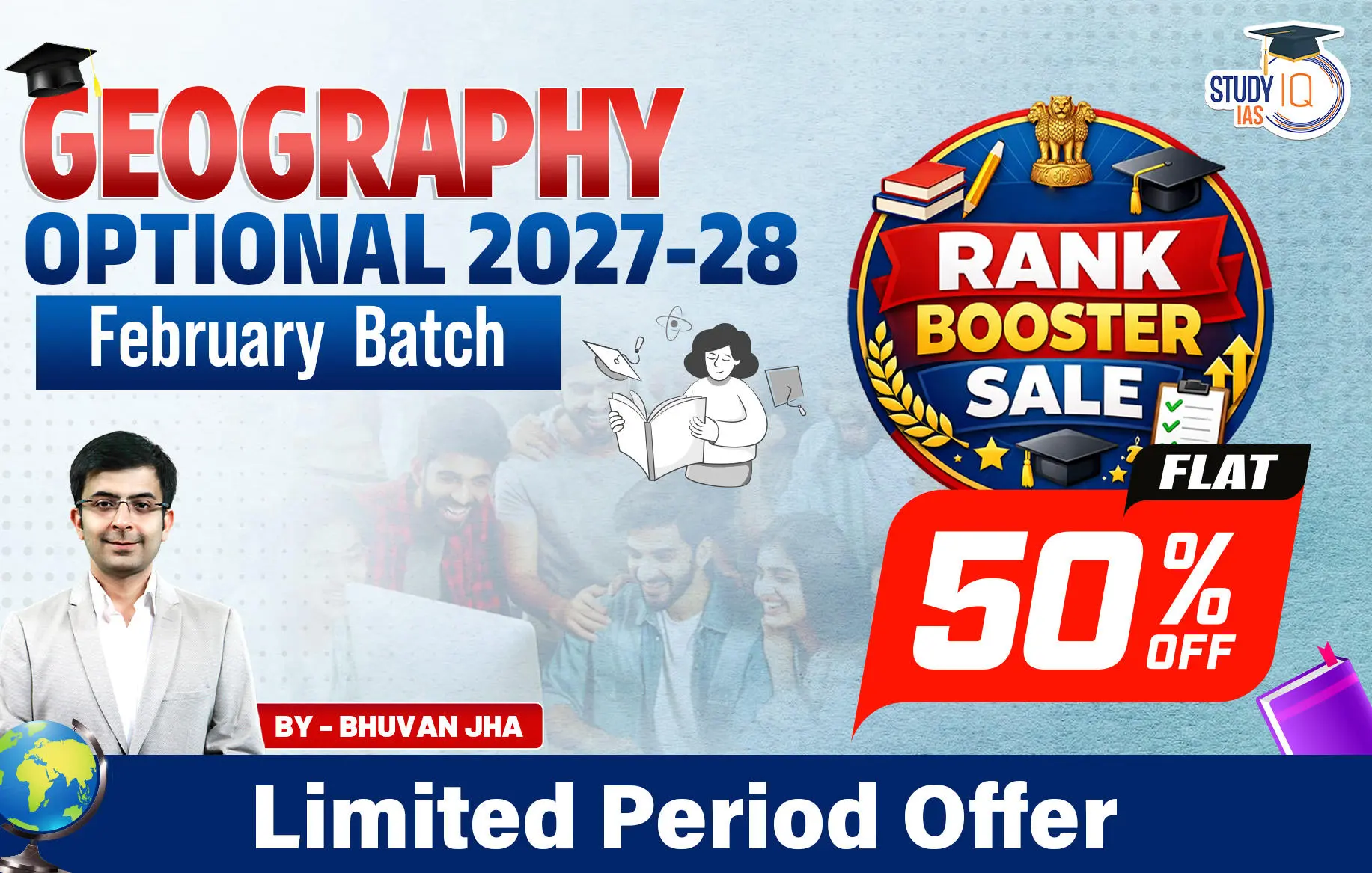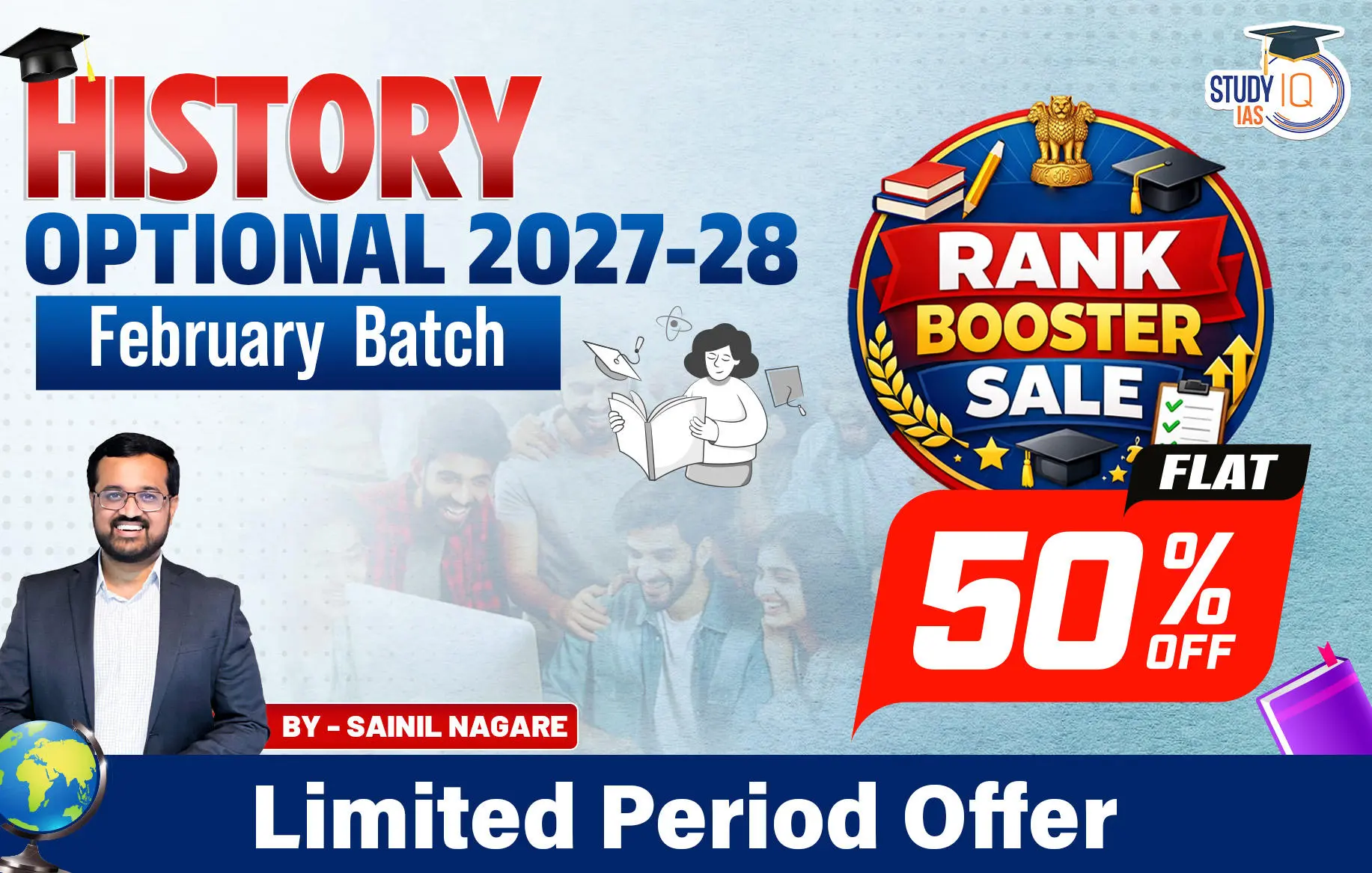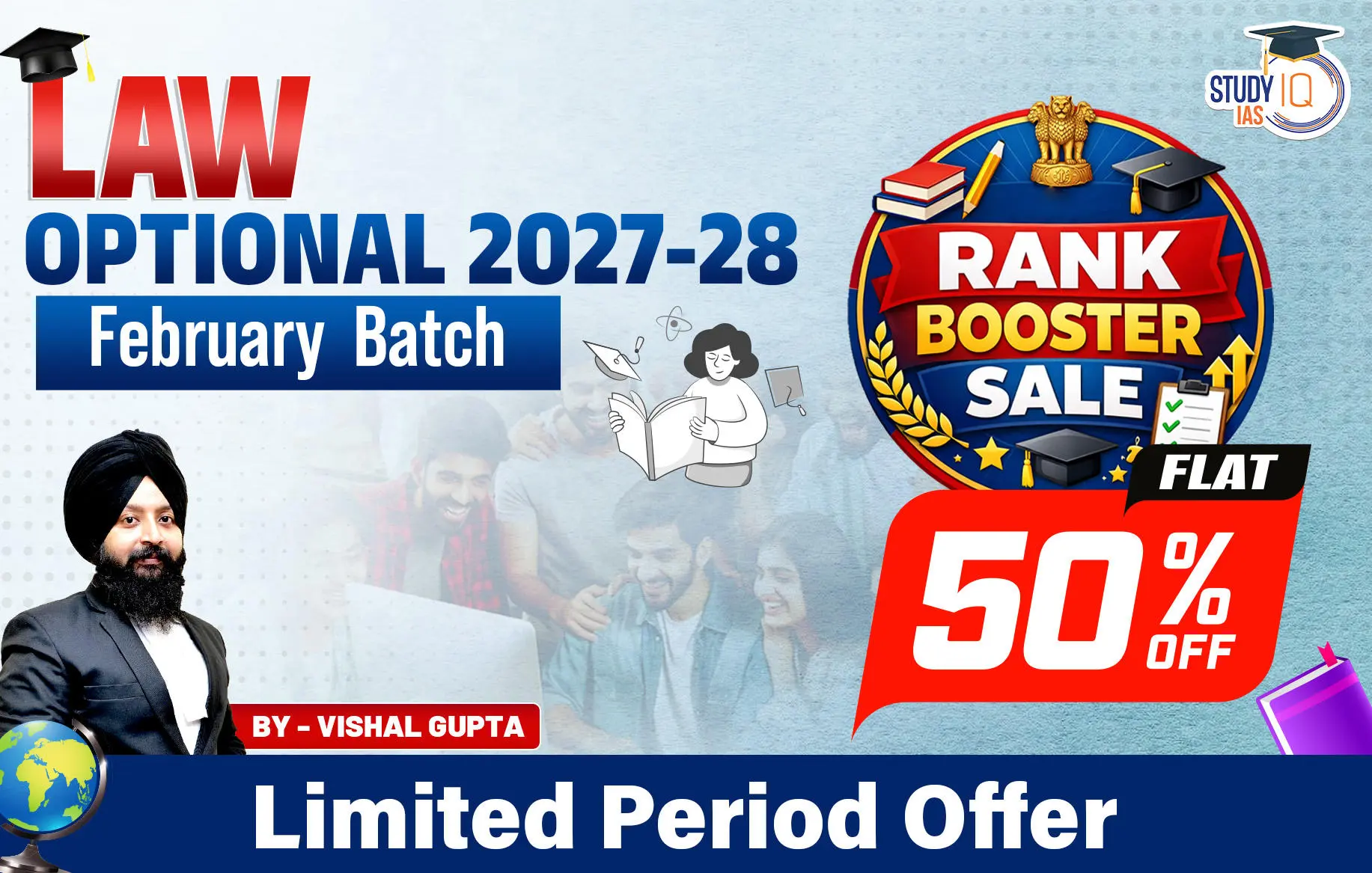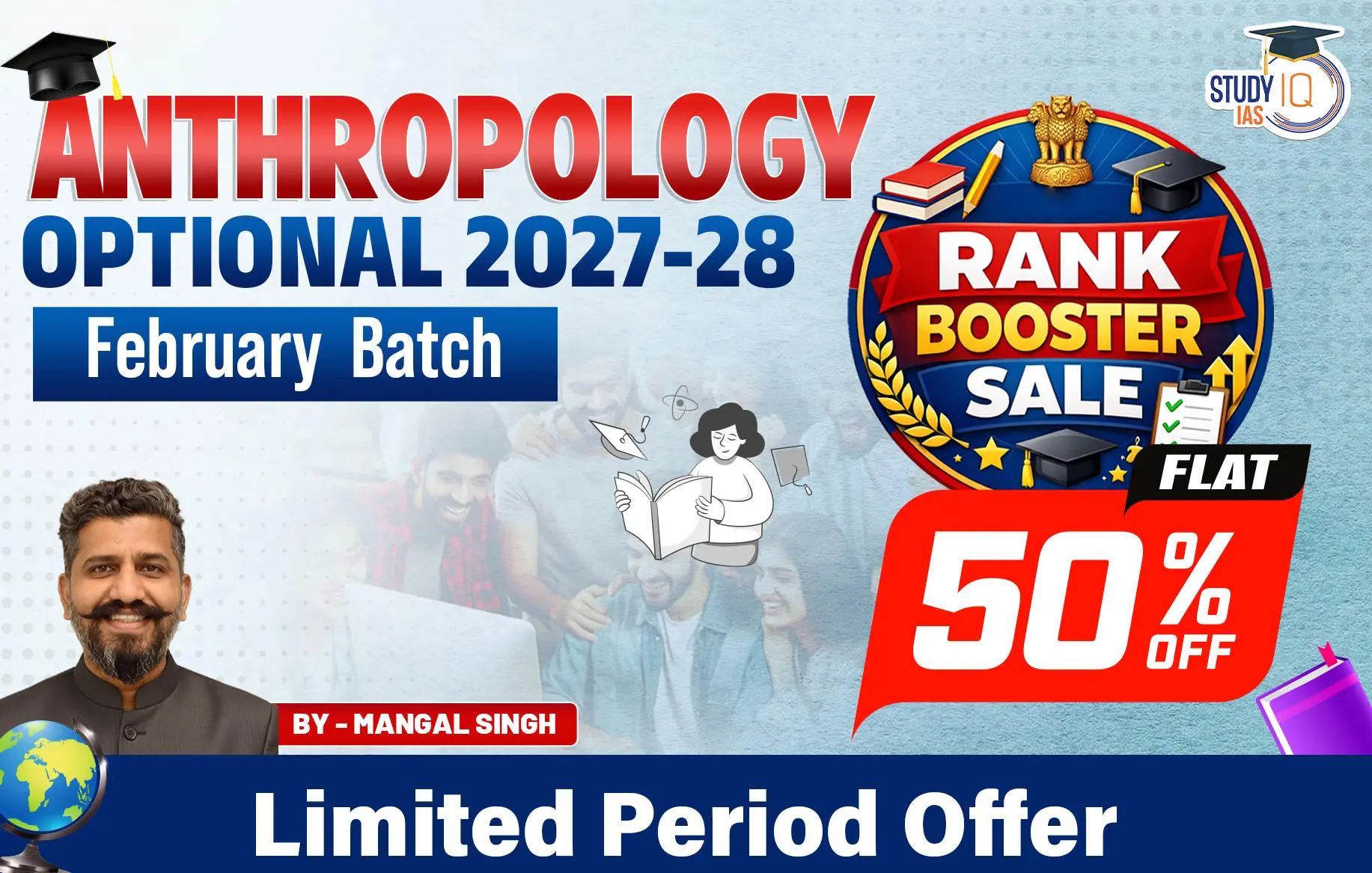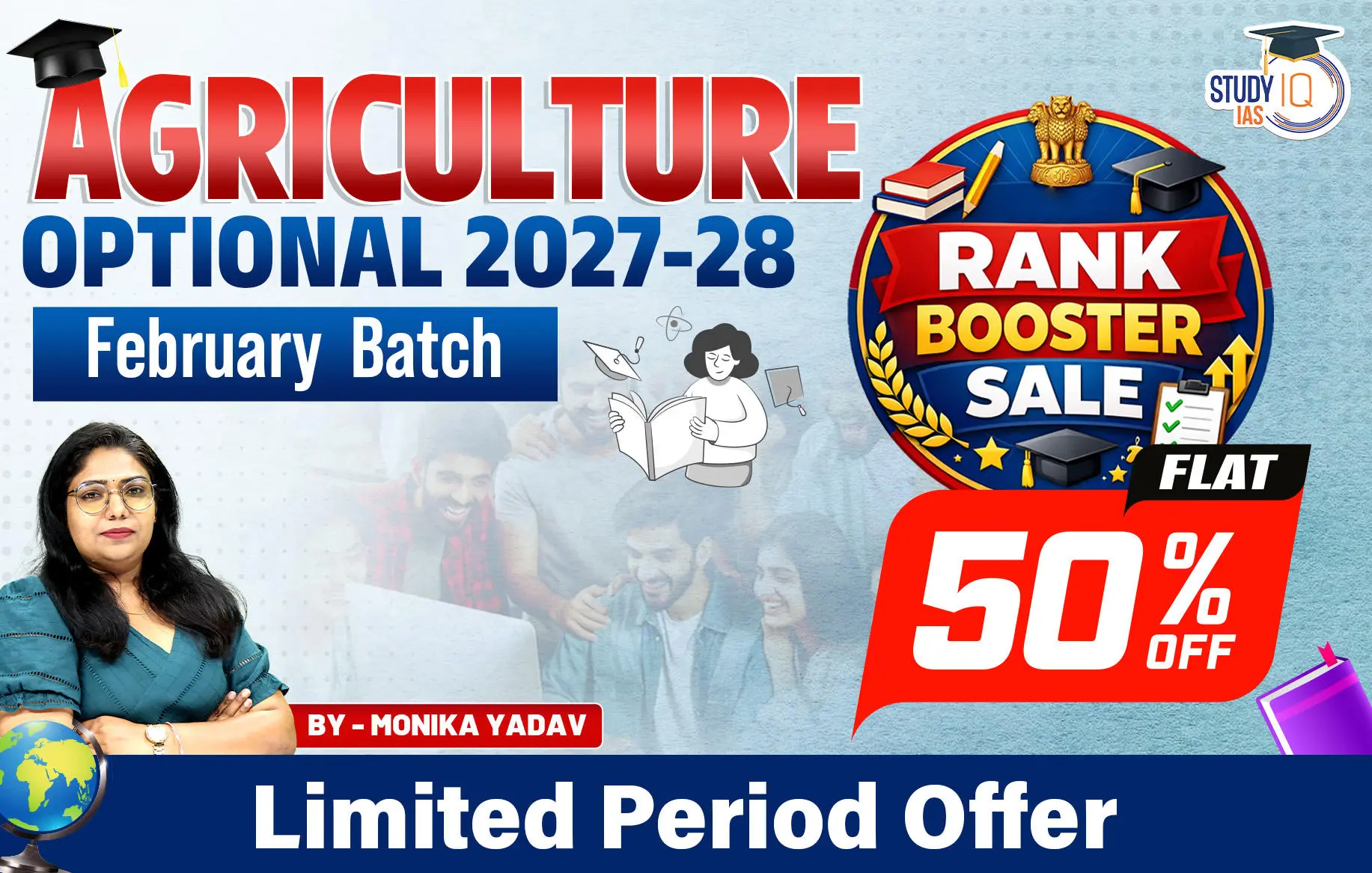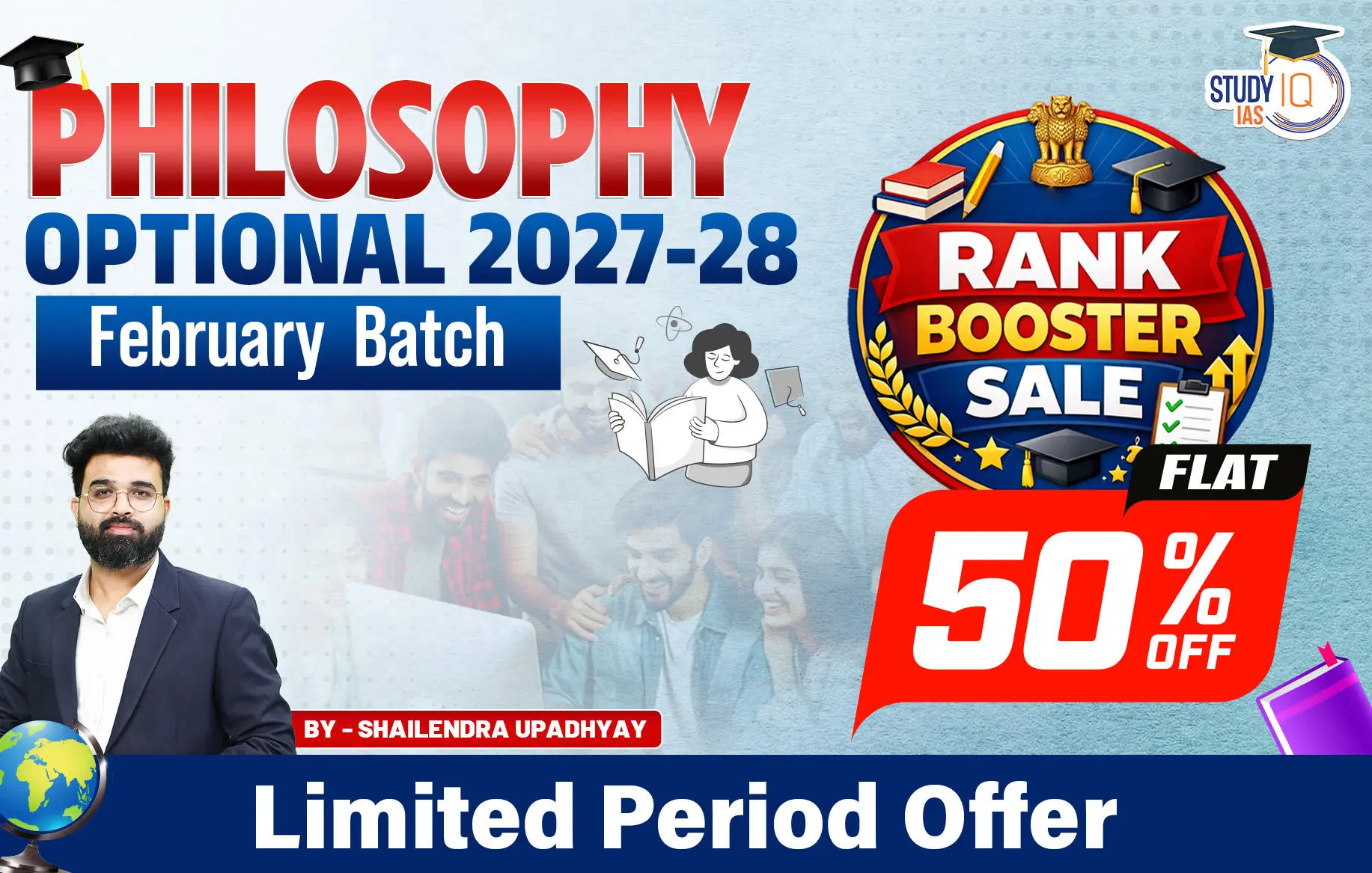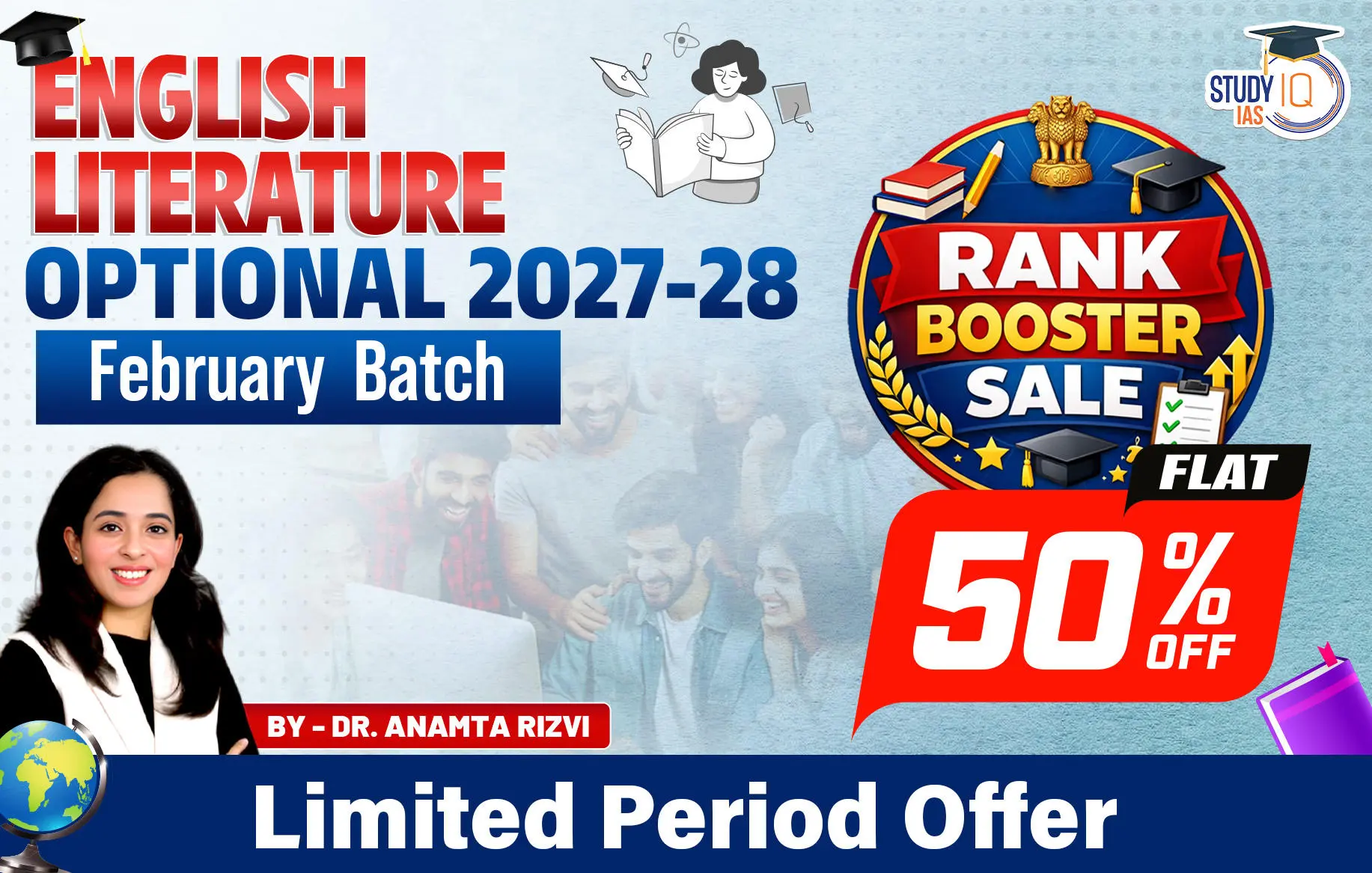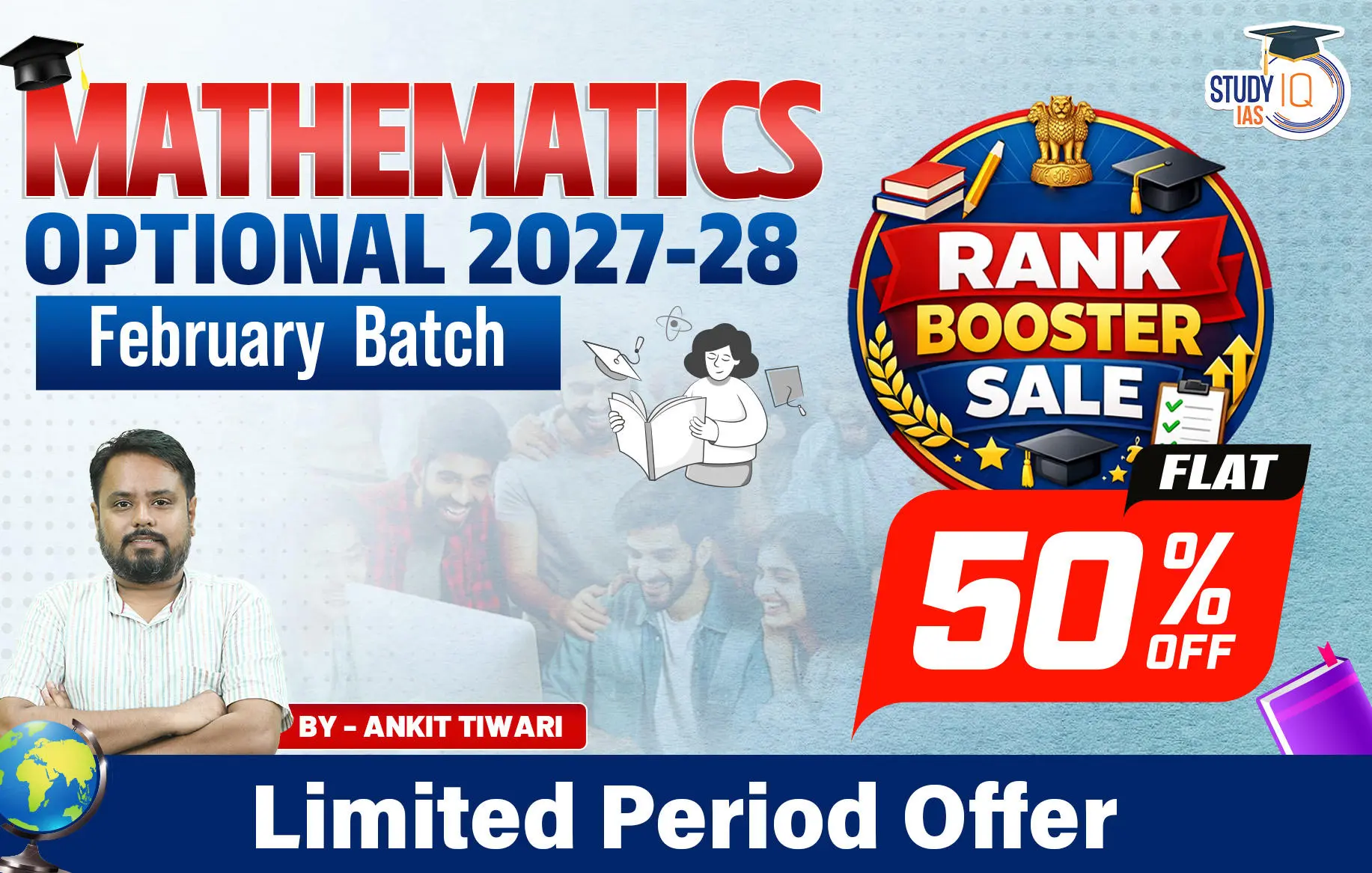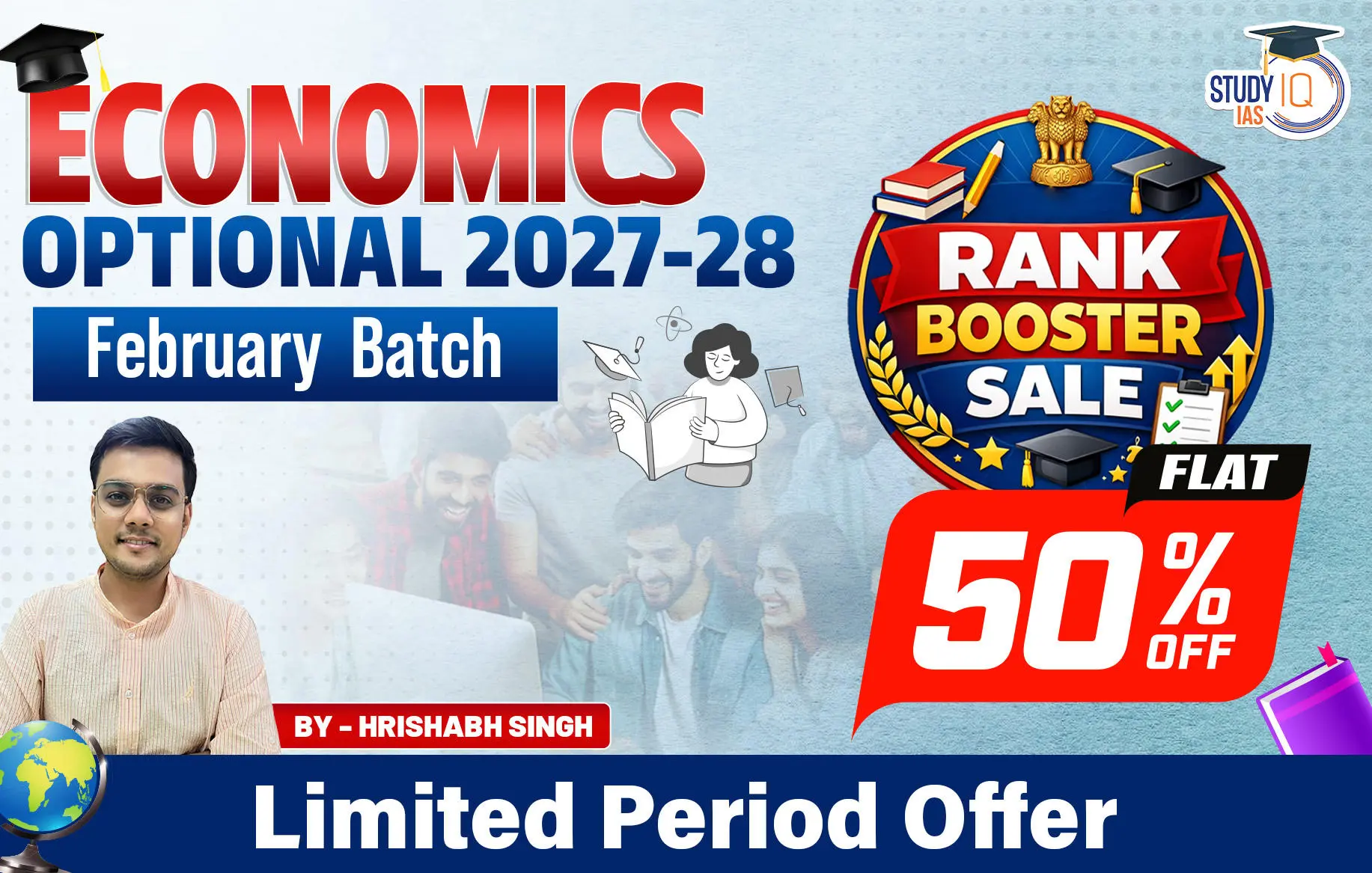Table of Contents
Peace Conference
Context
- Switzerland will host a peace conference in mid-June as the first step towards ending the Russia-Ukraine war.
- The conference aims to create a framework and roadmap for peace, although it is not expected to result in a peace deal immediately.
Background
- Initiated by Switzerland at the request of Ukrainian President Zelenskyy.
- Aims to create a platform for dialogue on achieving peace in Ukraine.
- Follows Ukraine Recovery Conference (URC) in July 2022 and National Security Advisors Meeting in January 2023, both hosted by Switzerland.
Switzerland’s Role in Mediation
- Switzerland has a long history of neutrality and mediation in conflicts.
- Acted as protecting power during wars and for hostile nations.
- Hosted talks between Sri Lanka and LTTE, and took peace initiatives in Nepal and Middle East,
- Switzerland represented India’s interests in Pakistan and Pakistan’s in India between 1971 and 1976.
- Engaged in around 20 peace processes since 2000.
- During the Russia-Ukraine war, however, Switzerland has leaned towards Ukraine, and has joined the Western sanctions regime against Russia.
Challenges
- Finding common ground between Russia’s demands and Ukraine’s peace formula.
- Russia controls nearly a fifth of Ukraine and claims four regions.
- Convincing Russia to participate in the peace process.
Involvement of India and Other Nations
- India’s Diplomatic Role: Balanced approach between Russia and Ukraine, significant in shaping global discourse on the conflict.
- BRICS and Global South: Participation of Brazil, India, China, and South Africa considered crucial for inclusive dialogue.
- India’s Position: Supports dialogue and diplomacy, and is ready to contribute to the peace process.
- Swiss Engagement: Swiss foreign ministry has been in contact with nations influential in the Global South to encourage a comprehensive dialogue.
India’s Role
- India has maintained a neutral stance between Russia and Ukraine.
- Abstained from voting against Russia at the UN Security Council.
- Prime Minister Modi has spoken to both Putin and Zelenskyy multiple times.
- India is seen as a credible non-partisan player and is willing to contribute to the peace process.
- The conference presents an opportunity for India to shape global discussions on the issue.
Learning Outcomes
Context: The ASER 2023 Survey conducted in 28 rural districts across 26 states, focusing on the activities, abilities, and aspirations of 14-18-year-olds reflected district-level trends.
Challenges
- Low Literacy Rates Among Adolescents: A significant portion of the adolescent population struggles with basic literacy.
- 26% of 14-18-year-olds cannot read a standard two-level text in their regional language, highlighting persistent foundational learning gaps.
- Insufficient School Attendance: Many adolescents are either not enrolled in educational or vocational institutions or do not attend regularly.
- Attendance in secondary grades (standards nine and ten) in rural areas was as low as 60%, as per the National Sample Survey Office (NSSO) 75th round in 2017-18.
- Negative Perceptions of Vocational Education: Vocational education is often viewed negatively, which can deter students from pursuing these valuable paths.
- In places like Uttar Pradesh and Chhattisgarh, vocational education is seen as a last resort, whereas, in Himachal Pradesh, vocational courses related to local industries like tourism are viewed more positively.
- Underutilization of Digital Tools for Education: Despite increasing access to smartphones, their use for educational purposes among adolescents remains limited.
- Access to smartphones is rising, but they are primarily used for entertainment and social media, rather than for educational enhancement.
Proposed Solutions
- Strengthening Foundational Literacy and Numeracy: Implement early intervention programs focused on improving foundational skills in literacy and numeracy from the primary grades.
- Improving School Attendance: Develop incentive programs for students and families to enhance school attendance and engagement, particularly in rural areas.
- Enhancing the Image and Appeal of Vocational Education: Use successful case studies and role models to improve the perception of vocational education and align courses with local industry needs.
- Leveraging Technology for Educational Purposes: Promote the use of digital tools for learning by integrating relevant online resources into the curriculum and providing necessary training to students.
President’s Rule
Context: The party leader of AAP alleged that the Central government is trying to impose the President’s rule in Delhi.
About President’s Rule
- Article 356: It allows for the imposition of the President’s Rule in a state if there is a failure in the constitutional machinery, enabling the central government to take control.
- Grounds for Imposition: The President’s Rule can be invoked if the President receives a report from the state’s Governor, or if the President is otherwise convinced that governance in the state cannot be carried on by the Constitution.
- Additionally, under Article 365, President’s Rule may be imposed if a state fails to comply with or execute the directions of the Union Government regarding any matter.
- Mechanism of Administration
- During President’s Rule, the state government is suspended and the central government administers the state directly through the Governor.
- The Governor, assisted by the Chief Secretary and other appointed advisors, manages the state administration.
- Parliamentary Approval: The imposition of the President’s Rule must be approved by both Houses of Parliament within two months of its issue.
- Approval requires a simple majority.
- Duration and Extension: The initial duration of the President’s Rule is six months.
- It can be extended for up to three years with parliamentary approval every six months, subject to certain conditions stipulated by the 44th Amendment.
- Conditions for Extension beyond One Year (44th Amendment): Extension beyond one year is permissible only if:
- There is a national emergency.
- The Election Commission certifies that conducting assembly elections in the state is not feasible.
- Legislative Powers and Actions
- The state legislature may be suspended or dissolved.
- Parliamentary powers are exercised over the state during this period.
- The President can promulgate ordinances relating to the state’s administration when Parliament is not in session.
- Revocation of President’s Rule: The President’s Rule can be revoked at any time by a subsequent proclamation by the President, depending on the improvement or resolution of the circumstances that led to its imposition.
Supreme Court Judgements
S.R. Bommai vs. Union of India (1994):
- The Supreme Court laid down explicit guidelines for the proper use of the President’s Rule.
- It stated that the power of the President to dismiss a state government is not absolute and should be exercised only when there is irrefutable evidence of a situation where governance according to the Constitution is not possible.
- This case also held that the imposition of the President’s Rule is subject to judicial review, and the reasons for its imposition must be convincing to the Court, thereby placing a significant check on arbitrary dismissals of state governments.
CM Jagan Mohan Reddy vs. the judges (Andhra Pradesh High Court)
- In 2020, the Andhra Pradesh High Court took suo moto cognizance to investigate allegations of a breakdown in constitutional machinery within the Andhra Pradesh government.
- The Governor of Andhra Pradesh opined that the state government should be dismissed and suggested the imposition of President’s Rule.
- The case was escalated to the Supreme Court of India.
- The Supreme Court observed that the actions of the Andhra Pradesh High Court constituted judicial overreach.
- The Supreme Court further noted that the High Court’s actions were arbitrary.

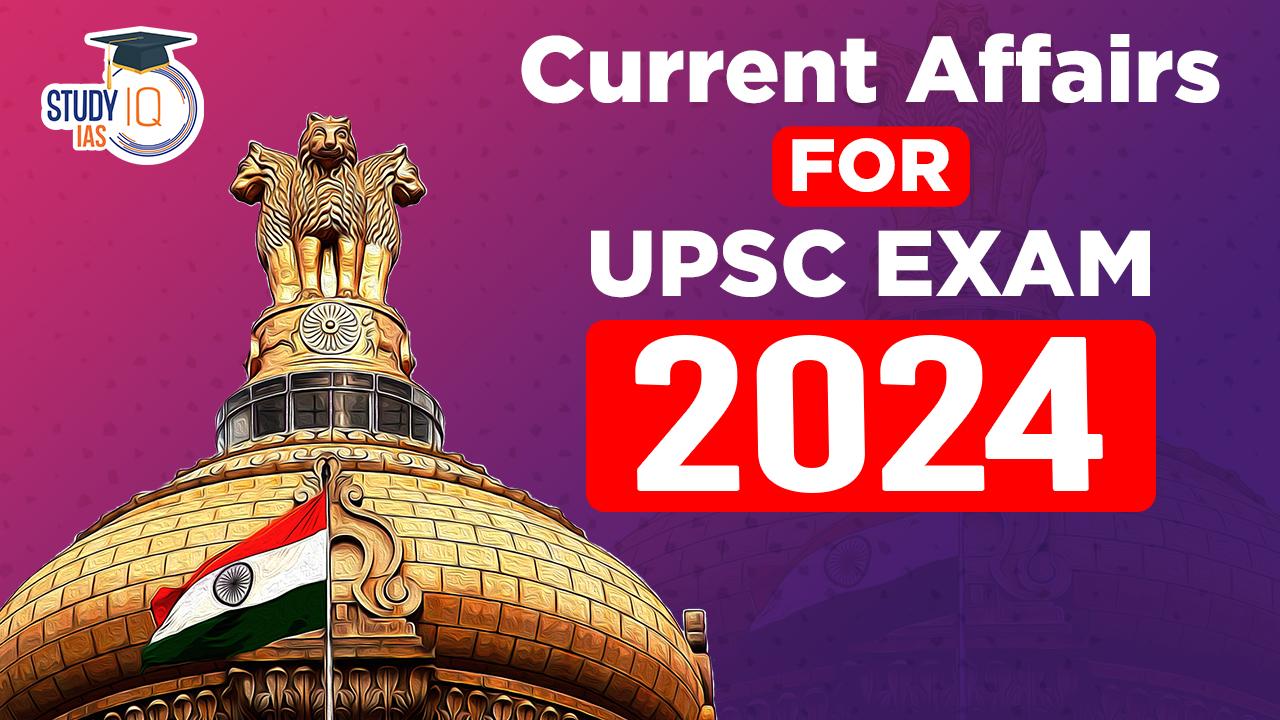
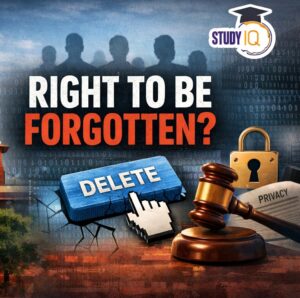 Supreme Court to Examine Scope of 'Right...
Supreme Court to Examine Scope of 'Right...
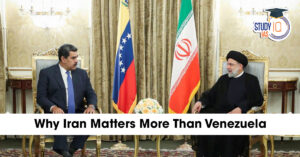 Why Iran Matters More Than Venezuela: En...
Why Iran Matters More Than Venezuela: En...
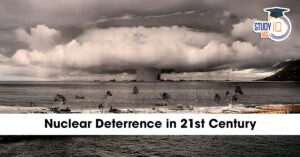 Nuclear Deterrence in 21st Century: Is I...
Nuclear Deterrence in 21st Century: Is I...

